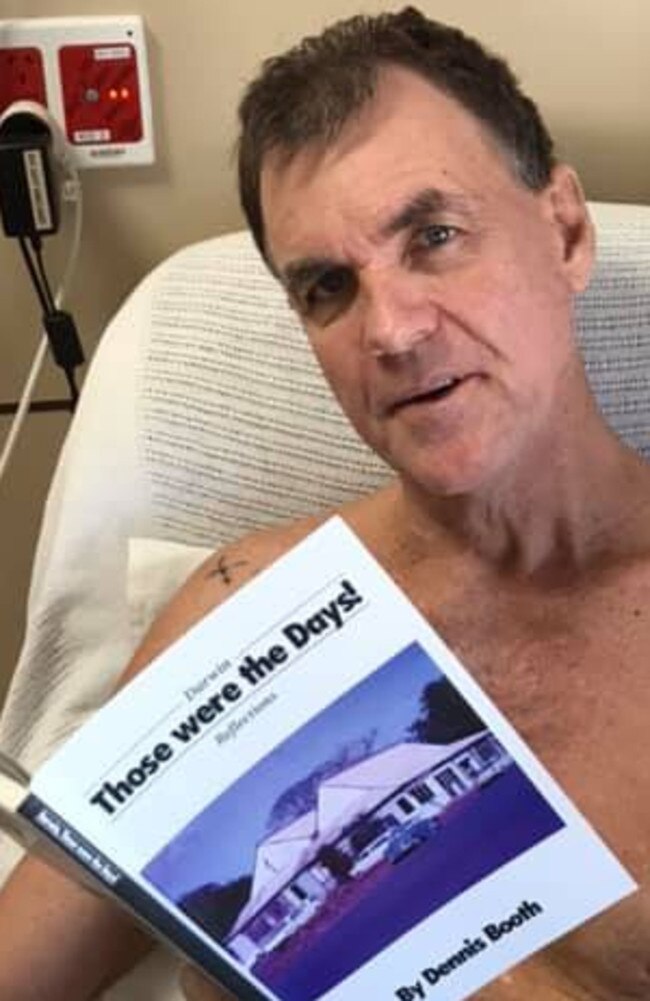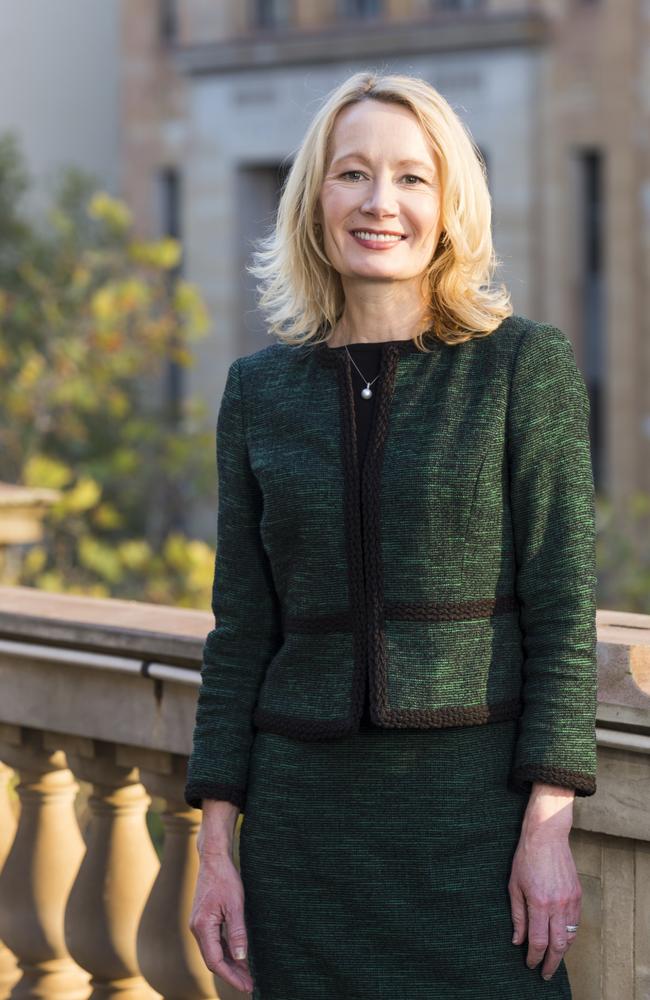Stroke Foundation chief Sharon McGowan calls for NT govt funding for awareness
Northern Territory residents are more likely to suffer a common medical condition than other Aussies, yet the Top End is lacking vital health support. Read how they are travelling to SA for care.
Northern Territory
Don't miss out on the headlines from Northern Territory. Followed categories will be added to My News.
Richard Crookes should be recovering from a life-changing medical trauma but he’s found himself on the front-line of a fight to improve the lives of people across the Territory.
Mr Crookes experienced a devastating stroke while in hospital for surgery - and this means he needs intensive rehabilitation.
But the services he requires are not available in the NT so he has to cross borders to get treatment.
“We haven’t got the nurses or the physios or the occupational therapy here around to do those supports,” he said.
“I’ve got to go Adelaide for rehabilitation because we haven’t got enough.
“We want to raise that awareness because we are in shortage of rehabilitation personnel and facilities.”
Northern Territory has one of the highest stroke risks in the country - in 2020, 172 Territorians suffered one.
The main causes of the condition ar blocked artery (known as an ischemic stroke) or leaking or bursting of a blood vessel (called an hemorrhagic stroke).
Mr Crookes and other Darwin stroke survivors are determined to improve services for survivors in the Top End so they are reaching out to Northern Territory politicians to raise awareness about the condition.
Stroke Foundation chief executive Sharon McGowan joined Mr Crookes and other locals to urge for funding on education about the signs and symptoms as well as investing in rehabilitation services that are lacking in the region.
“What we would like is some funding to do some social media, some local advertising and training up of volunteers of people who can go out and help train people in the community,” Ms McGowan said.
“For example in regional NSW where we’ve had a campaign and we’ve increased the recognition of the FAST signs of stroke by 20 per cent.”
“They now have better recognition than metro Sydney.”

Mr Crookes said the rehabilitation process was an important part of the journey for stroke survivors.
“You need it after you have the stroke and you need it consistently everyday.”
“And more than 15 minutes than the hospital can supply.”
Mr Crookes was encouraged by how the meeting with local politicians went on Thursday, but would continue to pester them until action was taken.
“I think we’re going to have to keep on to them — I told them I’m going to be their new allergy,” he said.
“When I get back from Adelaide I’ll be knocking on their doors.”
Fellow stroke survivor Carlie Preece said increasing funding for awareness was much needed.
“It’s a good thing and it’s a needed thing,” she said.

Chief Minister Natasha Fyles said the government would be open to working with the Foundation on raising awareness.
“The Territory Labor Government prioritises high quality health care for all Territorians, with Budget 22 allocating $2 billion to providing health services throughout the entire Territory,” she said.
“The Rehabilitation service at Royal Darwin and Palmerston Hospitals are improving the quality of stroke rehabilitation services.
“Outpatient Rehabilitation services based at Palmerston Regional Hospital provides a multidisciplinary allied health therapy program which includes physiotherapy (including neuro-physiotherapy), occupational therapy, speech pathology, social work and dietitian services. Access to therapy may be as part of a group or 1:1 therapy sessions that may include hydrotherapy.”





